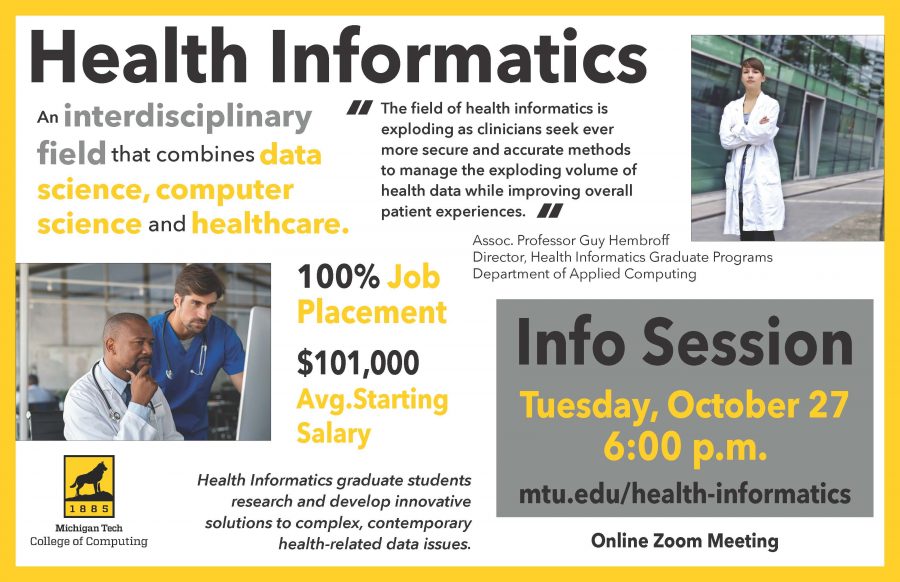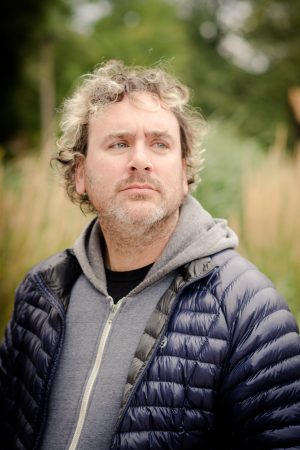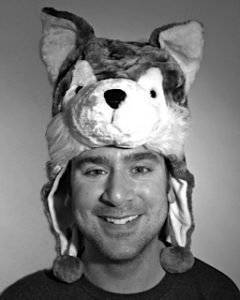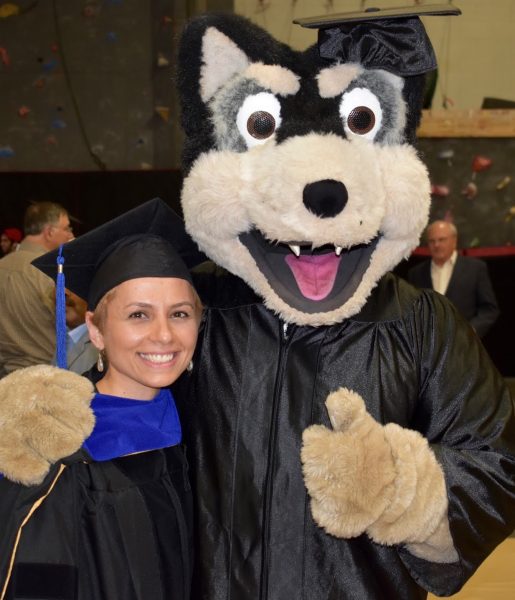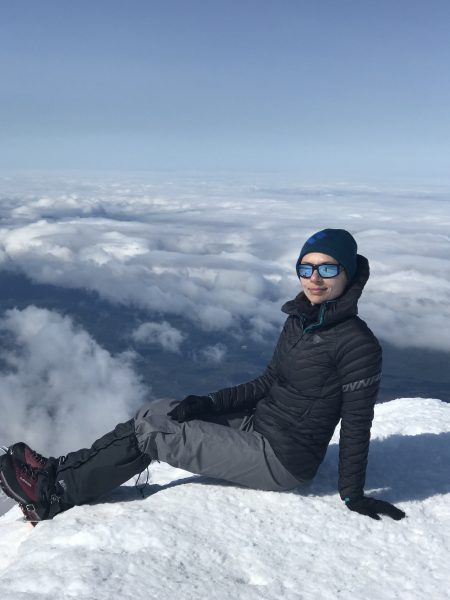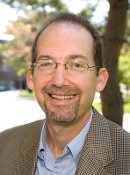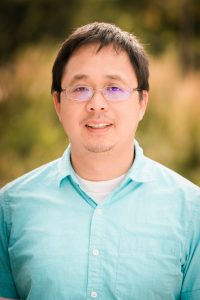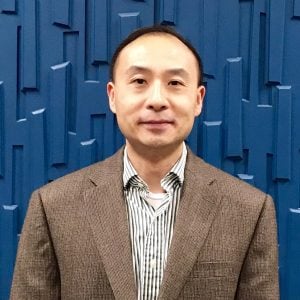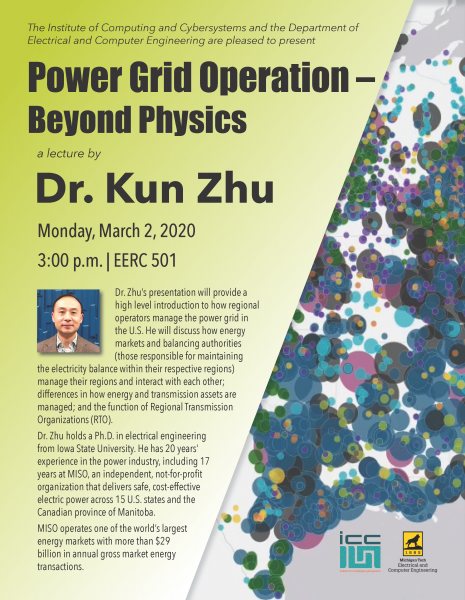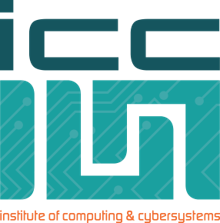by Michael R. Meyer, Director, William G. Jackson CTL
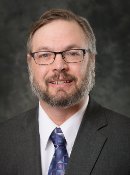
Assistant Professor Leo Ureel, Computer Science, is among the Deans’ Teaching Showcase members who have been selected to receive 2020 CTL instructional Awards.
The awardees will make presentations next spring semester to share the work that led to their nomination.
When their presentation concludes, each will be formally recognized with a certificate and $750 in additional compensation .
Tuesday, Jan. 26, 2021 — Curriculum Development: Katrina Black, Senior Lecturer in Physics
Thursday Feb. 18, 2021 — Innovative or Out of Class Teaching: Libby Meyer, Lecturer in Visual and Performing Arts and Leo Ureel, Assistant Professor in Computer Science
Tuesday, March 30, 2021 — Large Class Teaching: Kette Thomas, Associate Professor of Diverse Literature in Humanities
These events will take place from 3:30-4:30 on the dates listed. Detailed titles, topics, and registration links for each presentation will be circulated in anticipation of each event.
Many thanks to the previous CTL instructional award recipients and the Provost’s office staff who were instrumental in the selection process.
Please consider suggesting instructors whom you’ve seen make exceptional contributions in Curriculum Development, Assessment, Innovative or Out-of-Class teaching or Large Class Teaching to the appropriate chair or dean so that they can be considered for the upcoming (2021) Deans’ Teaching Showcase during spring semester.

